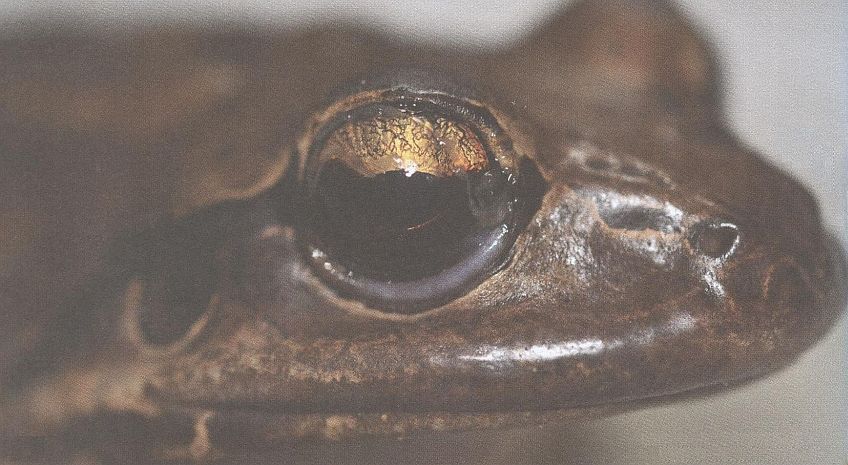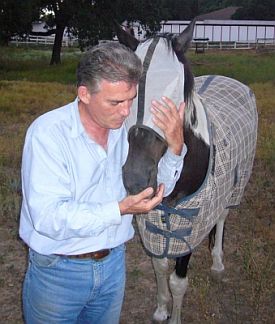
Leptodactylus Fallax aka the Mountain Chicken Frog


|
|
|
| • |
Mountain Chicken Frogs
www.durrell.org/wildlife/species-index/mountain-chicken |
| • |
SAFE (Saving Amphibians From
Extinction)
www.durrell.org/safe |
| • |
on the edge Magazine
www.durrell.org/wildlife/edge |
| • |
Durrell
www.durrell.org |
| • |
American Friends of Durrell
www.americanfriendsofdurrell.org |
| • |
Gerald "Gerry" Durrell
www.durrell.org/wildlife/about/gerald-durrell |
 with Patient Horse |

| Communication Promise | E-Mail | Home |
| © Laurence Platt - 2016 through 2024 | Permission |